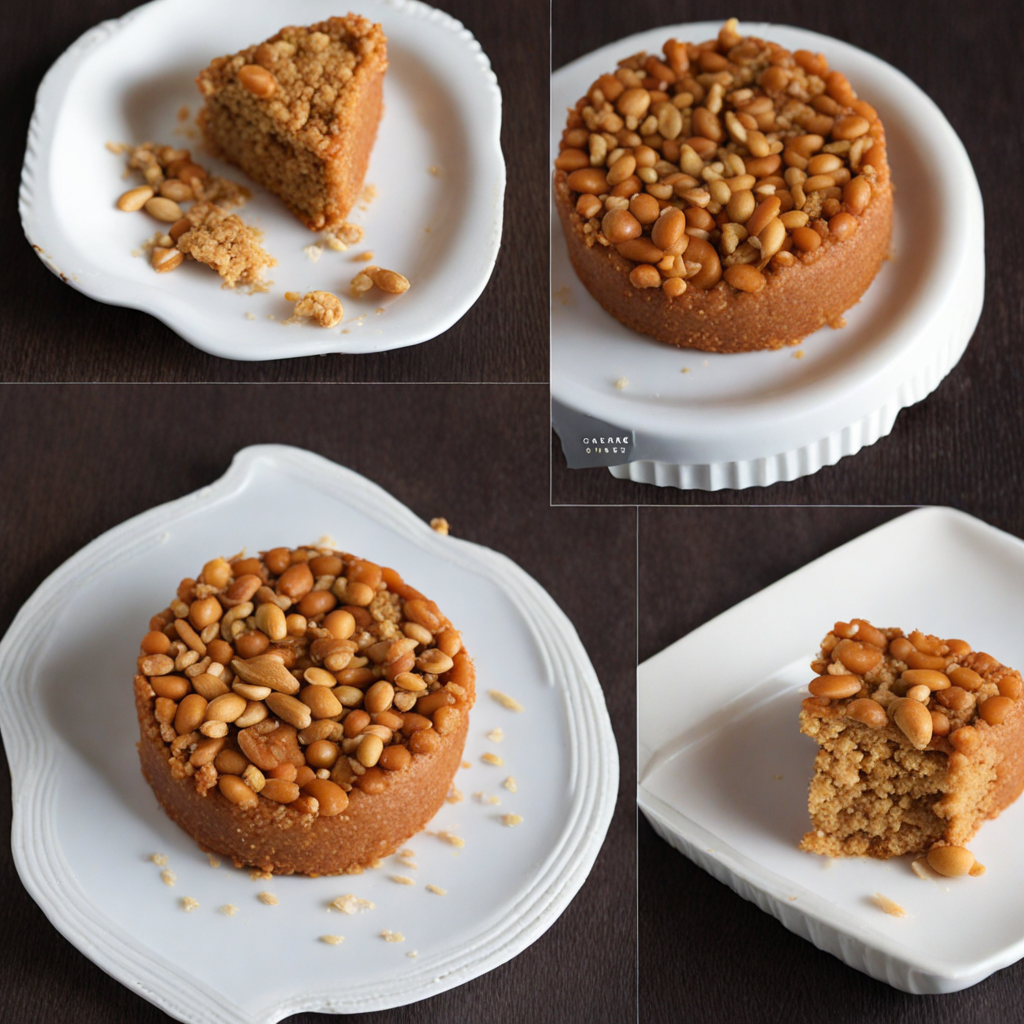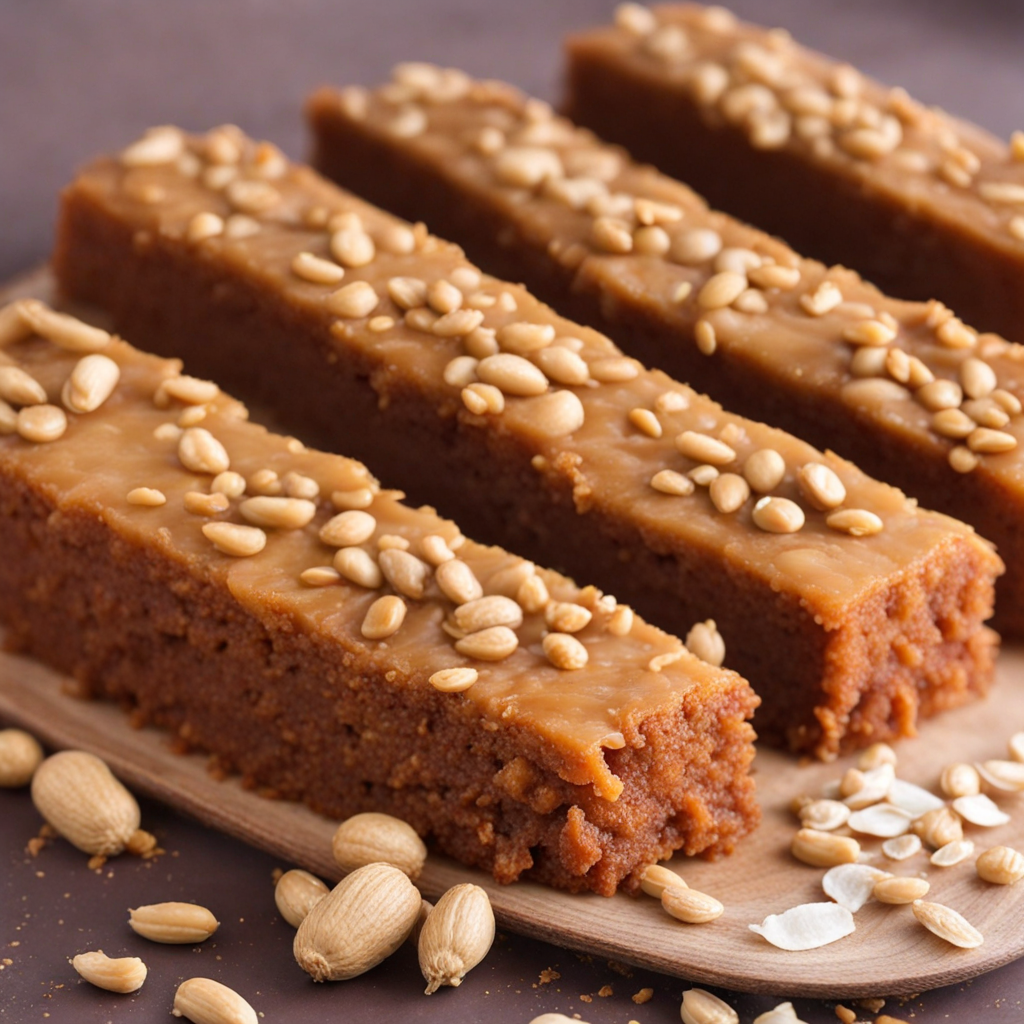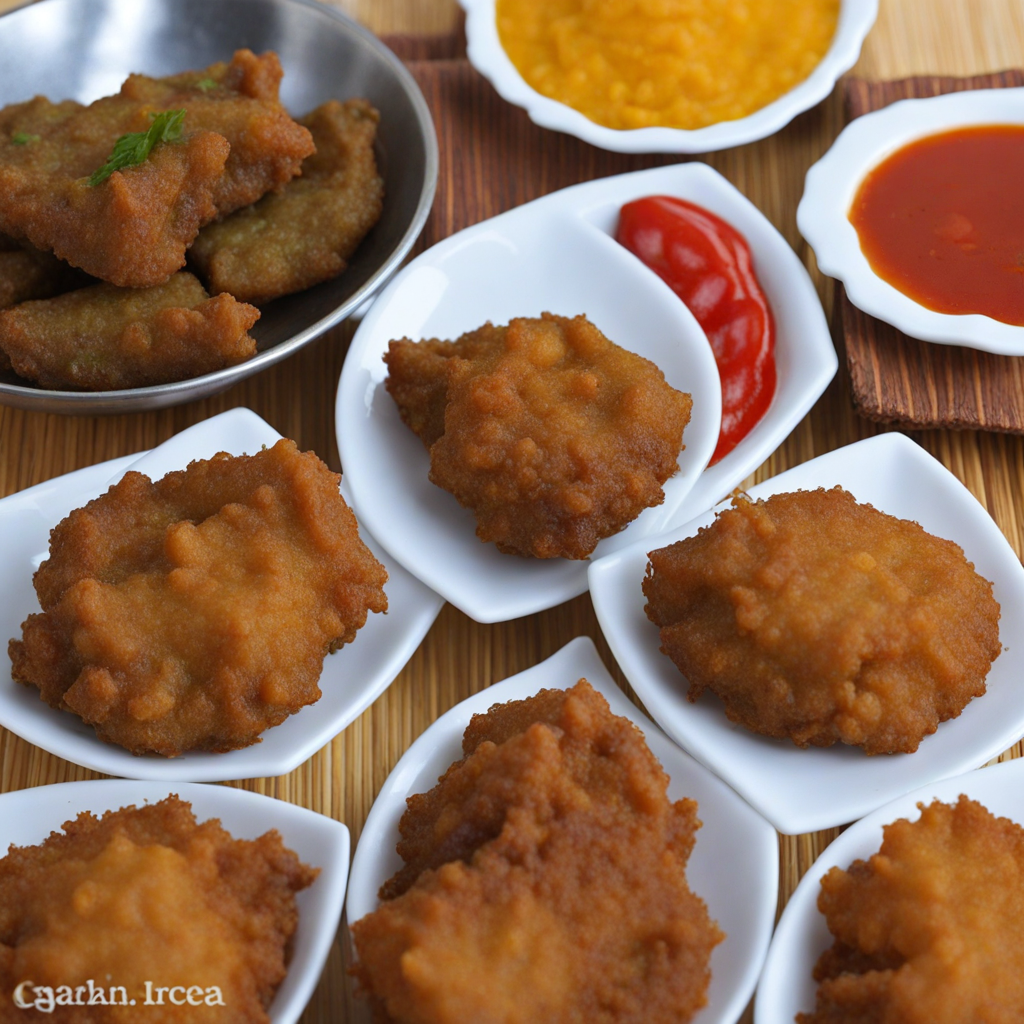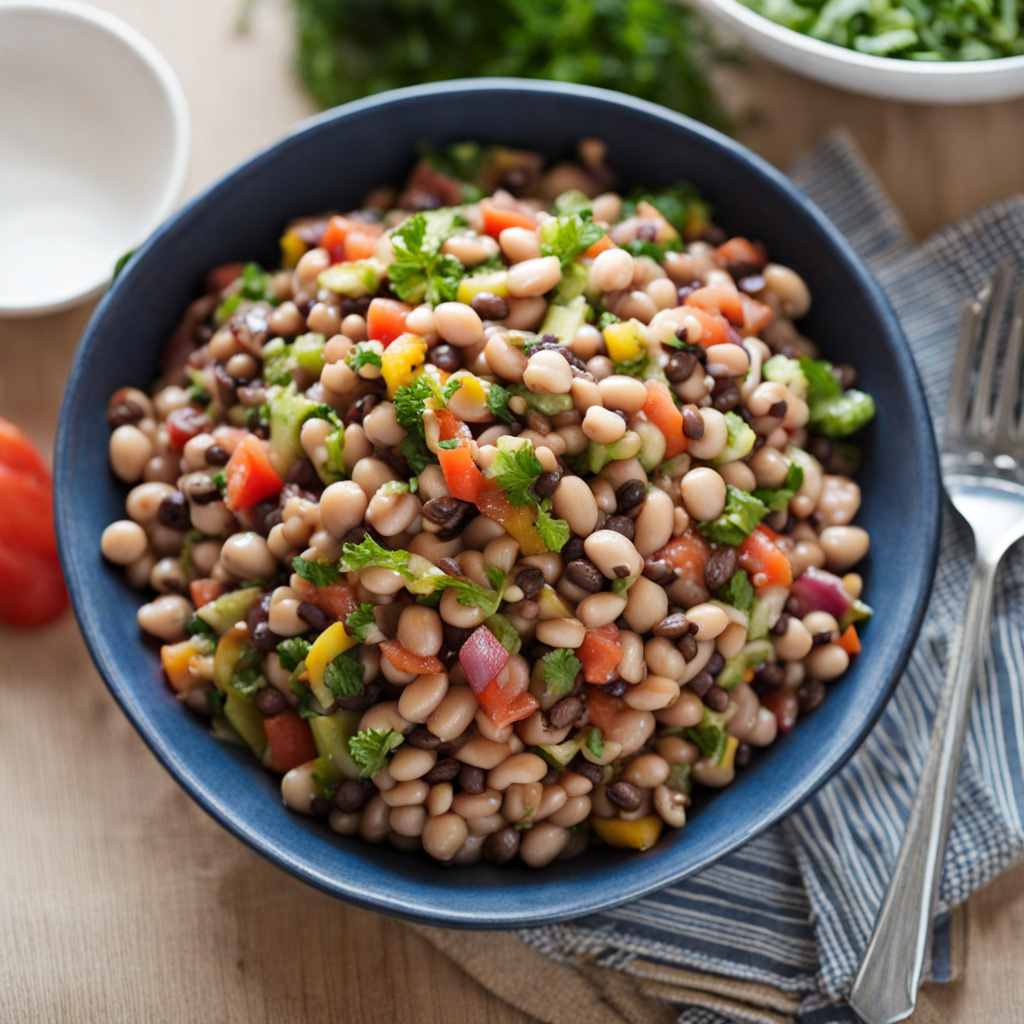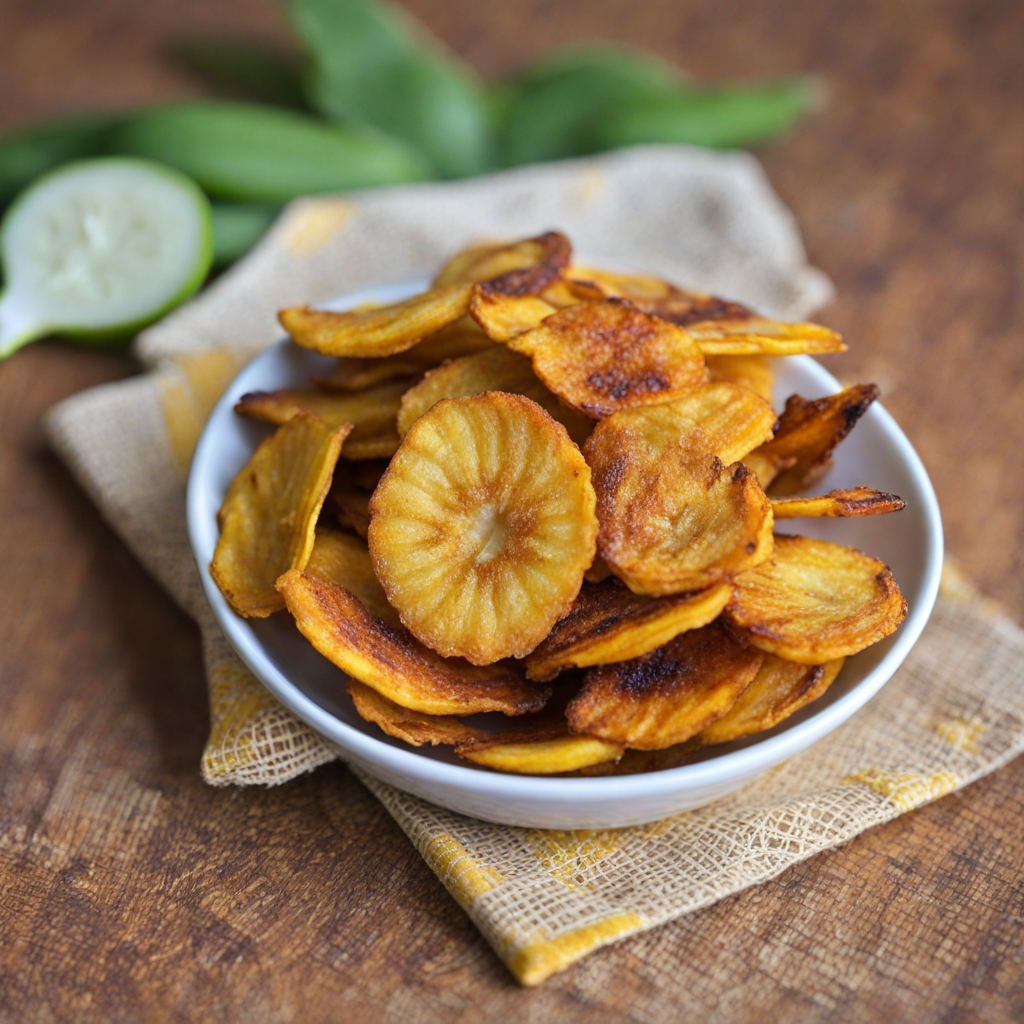Groundnut Cake
Groundnut Cake, also known as 'Nkatekwan' in Ghana, is a delightful and unique treat that embodies the rich flavors of West African cuisine. This traditional delicacy is primarily made from groundnuts, or peanuts, which are roasted to perfection and then ground into a coarse paste. The combination of the nutty flavor and the crunchy texture creates a satisfying base for the cake. Sweetened with sugar or honey, the mixture is then molded into small, bite-sized cakes that offer a perfect balance of sweetness and nuttiness, making it an irresistible snack for any time of the day. What sets Groundnut Cake apart is its simplicity and the use of natural ingredients. The roasting process enhances the earthiness of the groundnuts, while the addition of a hint of salt elevates the flavor, creating a savory-sweet profile that is both comforting and indulgent. Often enjoyed alongside a refreshing beverage, these cakes are a staple at various gatherings and festivities in Ghana, showcasing the communal spirit of sharing food. Each bite offers a rich taste of the region's agricultural heritage, reflecting the importance of groundnuts in Ghanaian culture. Groundnut Cake is not only delicious but also nutritious, providing a source of protein and healthy fats, making it a great option for those seeking a wholesome snack. The cake can also be customized with different add-ins, such as spices or dried fruits, allowing for an exciting twist on the traditional recipe. For food enthusiasts looking to expand their palate, Groundnut Cake offers a unique taste experience that is both authentic and rooted in the vibrant culinary traditions of Ghana.
How It Became This Dish
Nkate Cake: A Sweet Slice of Ghanaian Heritage Nkate Cake, a beloved treat in Ghana, is more than just a delightful confection; it embodies the rich cultural tapestry of the nation and its deep-rooted traditions. This sweet snack, made primarily from groundnuts (peanuts) and sugar, has a fascinating history that intertwines with the social and economic fabric of Ghanaian society. From its origins to its significance today, Nkate Cake stands as a testament to the resilience and creativity of the Ghanaian people. #### Origins and Traditional Preparation The origins of Nkate Cake can be traced back to the indigenous communities of West Africa, where groundnuts have been cultivated for centuries. It is believed that peanuts were introduced to West Africa by Portuguese traders in the 16th century, and they quickly became a staple crop due to their adaptability to the region's climate and soil. Groundnuts are not only nutritious but also versatile, paving the way for various culinary applications. In the context of Ghana, Nkate Cake is often prepared using simple ingredients that are easily accessible. The traditional method involves roasting the peanuts to enhance their flavor, then grinding them into a paste. Sugar or honey is mixed into the groundnut paste, and the mixture is shaped into small cakes or bars. Sometimes, a touch of salt is added to balance the sweetness and enhance the nutty flavor. The cakes are then allowed to cool and harden, resulting in a crunchy yet chewy treat. #### Cultural Significance Nkate Cake holds a special place in Ghanaian culture. It is not just a snack; it is a symbol of hospitality and community. Traditionally, it has been offered to guests as a gesture of goodwill, reflecting the warm and welcoming spirit of the Ghanaian people. The act of sharing Nkate Cake often accompanies social gatherings, celebrations, and communal events, making it a staple at weddings, festivals, and family reunions. Moreover, Nkate Cake is deeply intertwined with the concept of sustenance. In rural areas, where agricultural practices dominate, groundnuts are a valuable crop that supports local economies. The production of Nkate Cake provides a source of income for many families, particularly women, who often take charge of the preparation and sale of this tasty treat. As a result, Nkate Cake is not only a culinary delight but also an economic lifeline for many communities. #### Evolution Over Time As Ghana has modernized, so too has the preparation and perception of Nkate Cake. While traditional methods of making Nkate Cake are still widely practiced, contemporary adaptations have emerged. With the advent of globalization and increased access to ingredients, variations of Nkate Cake now include additional flavorings such as vanilla, chocolate, and even fruit extracts. These innovations have broadened the appeal of Nkate Cake, attracting a younger generation and international audiences. In urban areas, Nkate Cake is often sold in markets and shops, packaged attractively to appeal to consumers. The rise of social media has further propelled the popularity of Nkate Cake, with food bloggers and influencers showcasing the treat and its cultural significance. This visibility has sparked interest among those outside Ghana, leading to a growing appreciation for the dish in the global culinary scene. #### Nkate Cake in Modern Ghana Today, Nkate Cake remains a popular snack enjoyed by Ghanaians of all ages. It is often found in the hands of schoolchildren as a quick energy boost during their day, and it serves as a convenient option for busy professionals seeking a tasty yet nutritious snack. Its affordability and accessibility have cemented Nkate Cake's status as a staple in Ghanaian households. In recent years, there has been a concerted effort to promote traditional Ghanaian foods, including Nkate Cake, as part of a broader movement to celebrate local cuisine and heritage. Culinary festivals and food fairs often feature Nkate Cake as a highlight, allowing chefs and home cooks to showcase their unique spins on the classic recipe. This resurgence in interest has also encouraged discussions about food sustainability, local agriculture, and the importance of preserving culinary traditions. #### Nutritional Value and Health Benefits Beyond its cultural significance, Nkate Cake also boasts impressive nutritional benefits. Groundnuts are rich in protein, healthy fats, vitamins, and minerals, making Nkate Cake a nourishing snack option. The high protein content is particularly beneficial for children and active individuals, providing sustained energy and satiety. Additionally, the use of natural sweeteners like honey can offer a healthier alternative to processed sugars, appealing to health-conscious consumers. However, like many snacks, moderation is key. While Nkate Cake is a delightful treat, its sugar content means it should be enjoyed as part of a balanced diet. This awareness has led to discussions about healthier versions of Nkate Cake, with some recipes opting for reduced sugar or alternative sweeteners, thus catering to varying dietary preferences. #### Nkate Cake: A Culinary Heritage The story of Nkate Cake is a reflection of Ghana's rich culinary heritage and its ability to adapt over time. As Ghana continues to embrace modernization, Nkate Cake serves as a bridge between the past and the present. It encapsulates the essence of Ghanaian hospitality, community, and creativity, reminding both locals and visitors alike of the importance of food in fostering connections and celebrating cultural identity. In conclusion, Nkate Cake is not merely a snack; it is a symbol of Ghanaian culture, resilience, and adaptability. Its evolution over time—from a traditional treat to a modern delicacy—illustrates how food can transcend generations, serving as a delicious reminder of shared history and community values. As Ghana continues to make its mark on the global culinary stage, Nkate Cake stands proud as a sweet testament to the nation’s rich heritage. Whether enjoyed at a bustling market, a family gathering, or a quiet moment at home, Nkate Cake remains an enduring favorite, cherished by many and destined to delight generations to come.
You may like
Discover local flavors from Ghana


